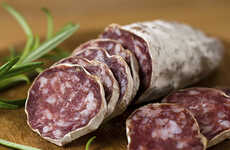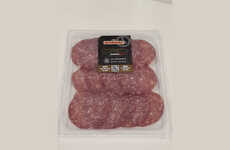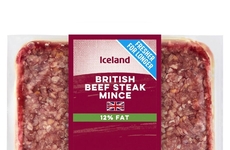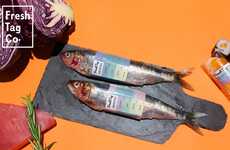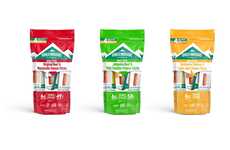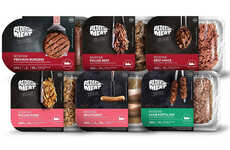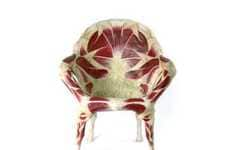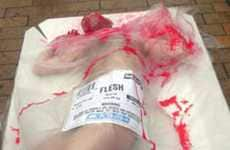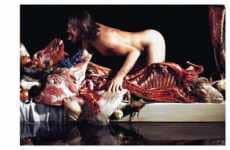
Old Meat Marketed as New with Red Dye
References: reallynatural
Think really red meat is super-fresh? Think again. The redder the meat, the more red dye and nitrates have been injected into it. The picture here shows two steaks that are both exactly two weeks old. The bottom one is what your steak would really look like and you probably wouldn't buy it. The top one has been injected with dyes and nitrates so it looks super-fresh and the chance you would buy it significantly increases. Have you ever opened a package of fresh meat and it smells a little off? Maybe it is, maybe it's a month old but it's been cosmetically-enhanced.
Trend Themes
1. Artificial Meat - Opportunity to develop and market synthetic meats as a healthier and more transparent alternative to red meat injected with dyes and nitrates.
2. Clean Label Cosmetics - Potential for cosmetics companies to promote transparency and natural ingredients, highlighting the deceptive practices of injecting red dye into meat and adopting similar transparent labeling standards.
3. Sustainable Agriculture - Opportunity to support sustainable farming practices that prioritize animal welfare, eliminate the need for artificial enhancers, and offer consumers truly fresh and organic meat options.
Industry Implications
1. Food Technology - Food technology companies can invest in research and development of artificial and lab-grown meat to meet the growing demand for sustainable and healthy alternatives.
2. Cosmetics - Cosmetics industry can focus on developing clean label products using natural ingredients, appealing to consumers who value transparency and are concerned about deceptive practices.
3. Agriculture - Agricultural industry can promote and adopt sustainable farming practices that prioritize animal welfare and eliminate the need for artificial enhancers, addressing consumer demand for ethically sourced and healthier meat options.
5
Score
Popularity
Activity
Freshness

